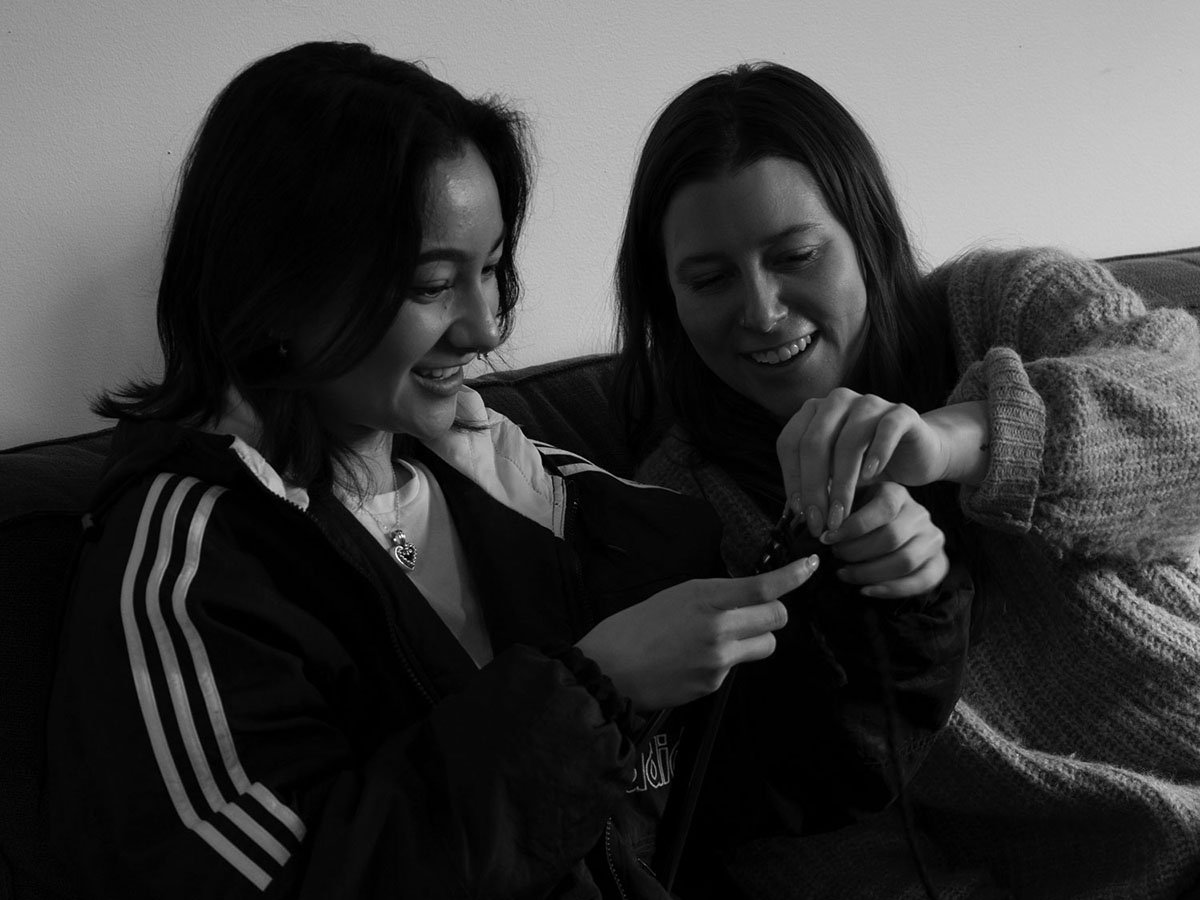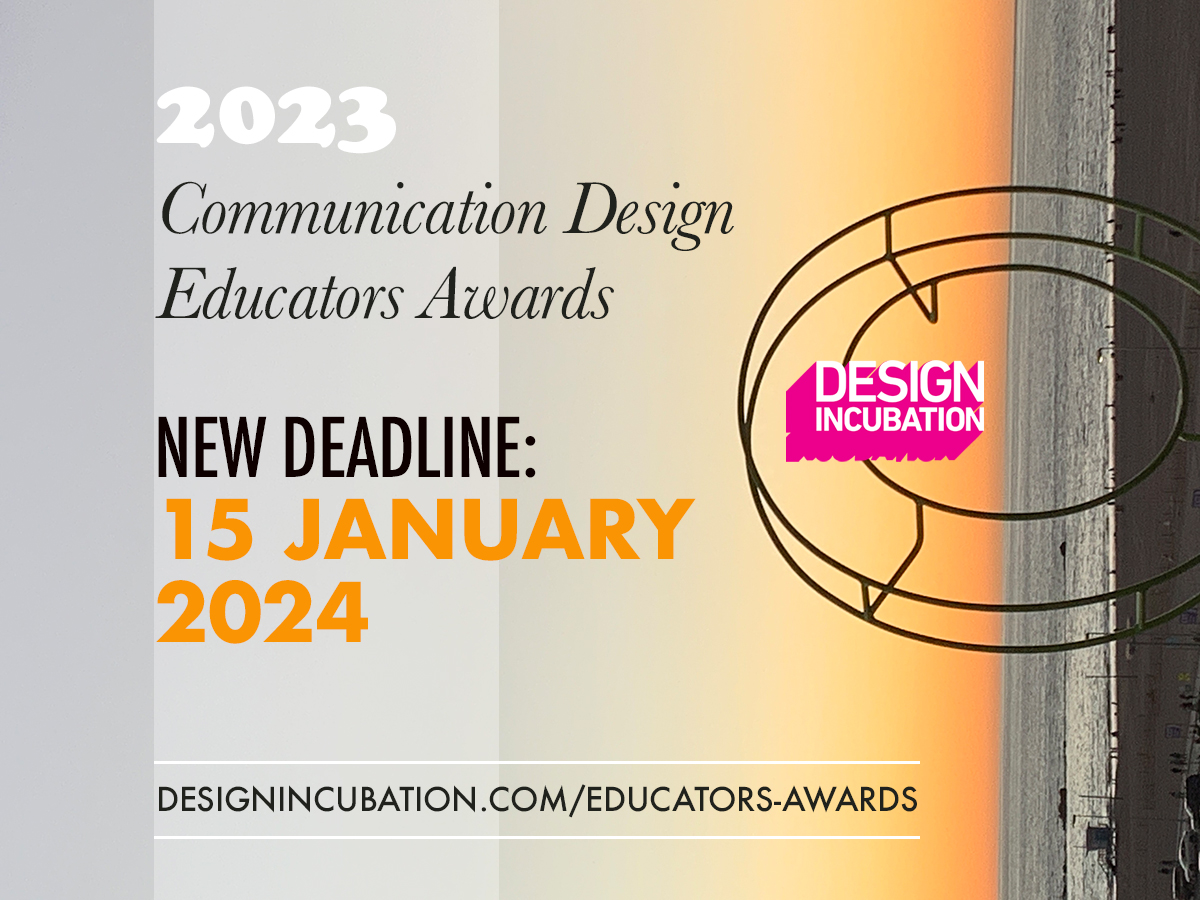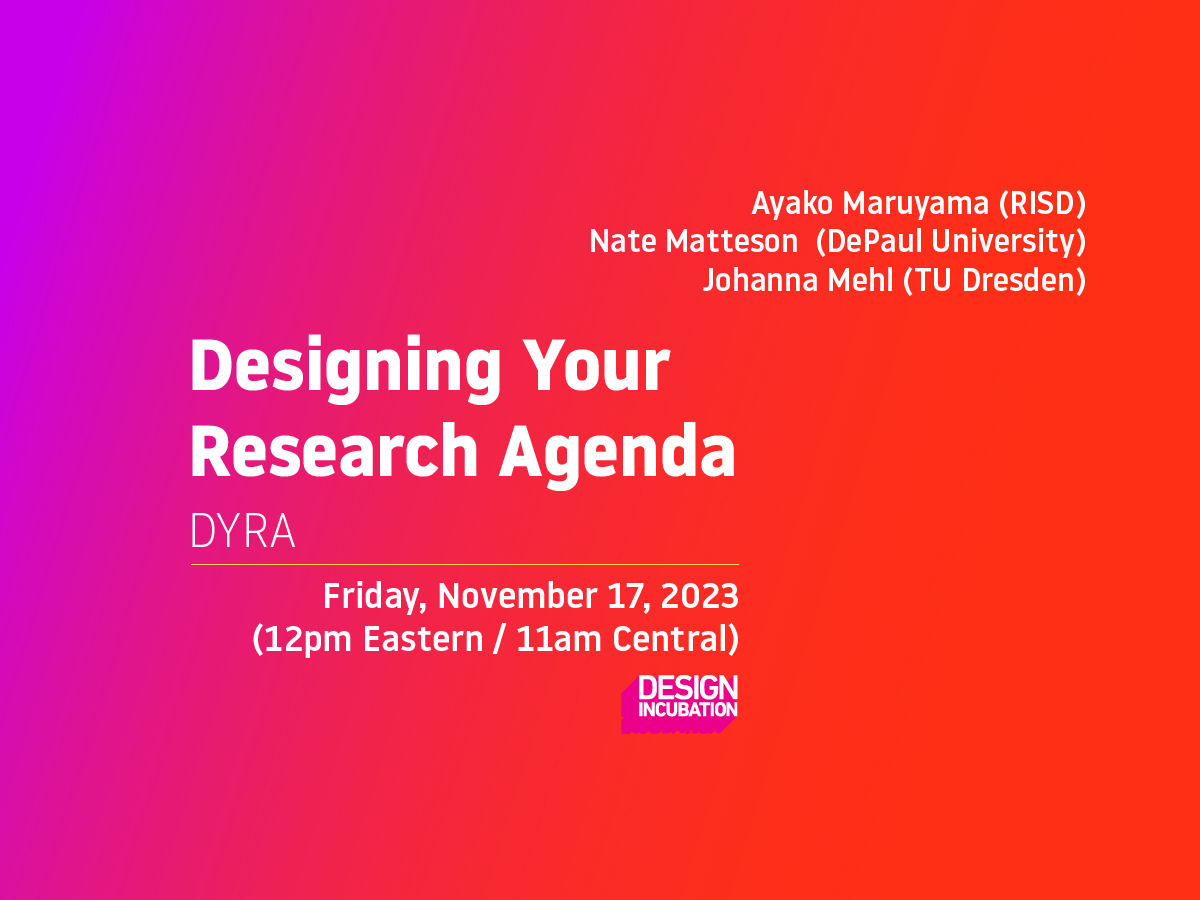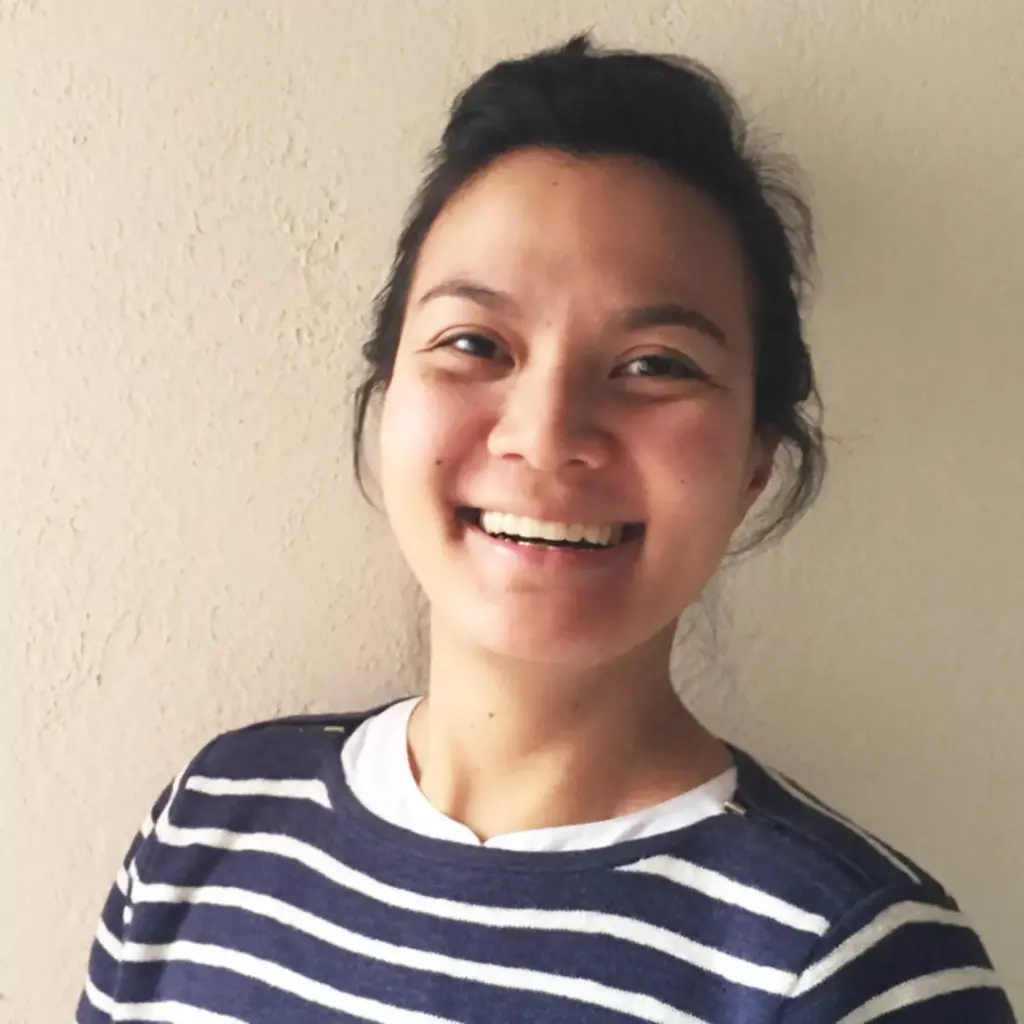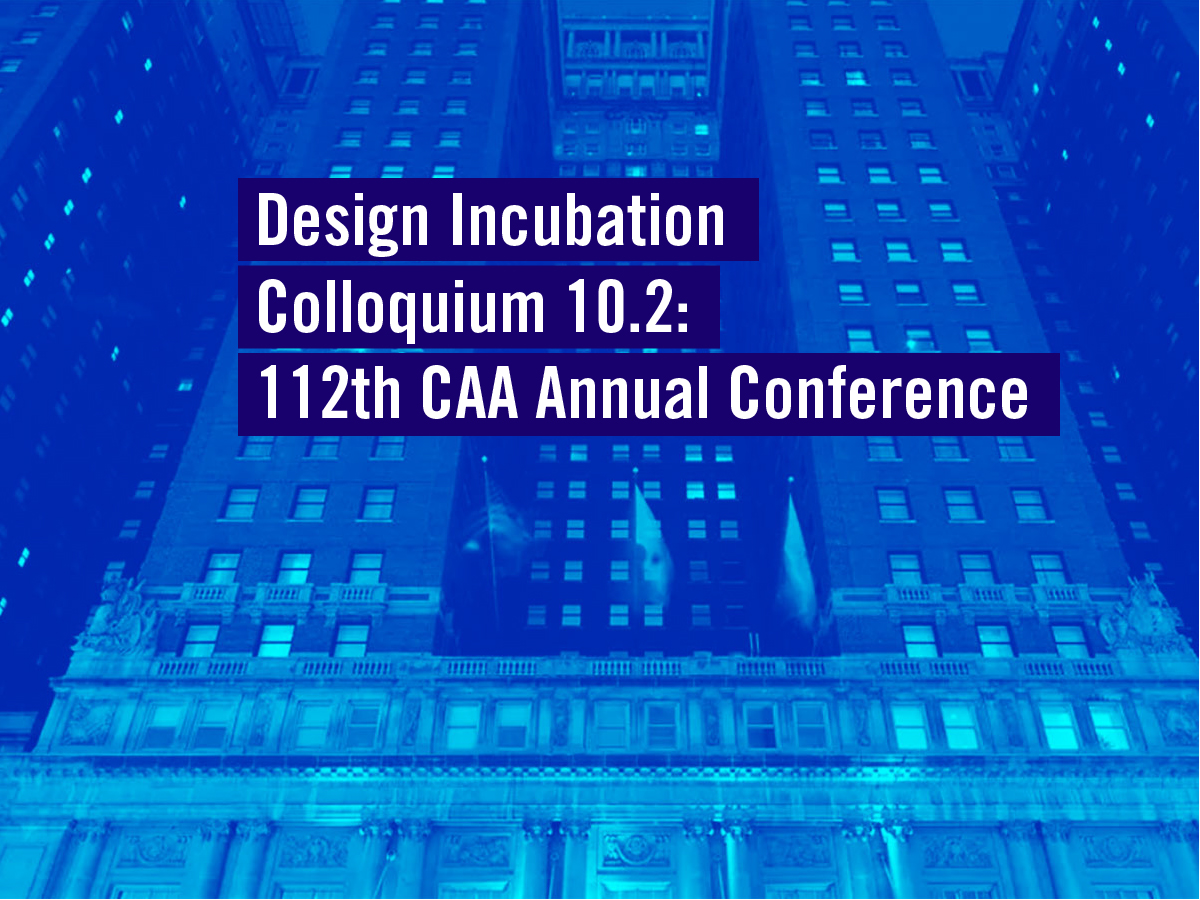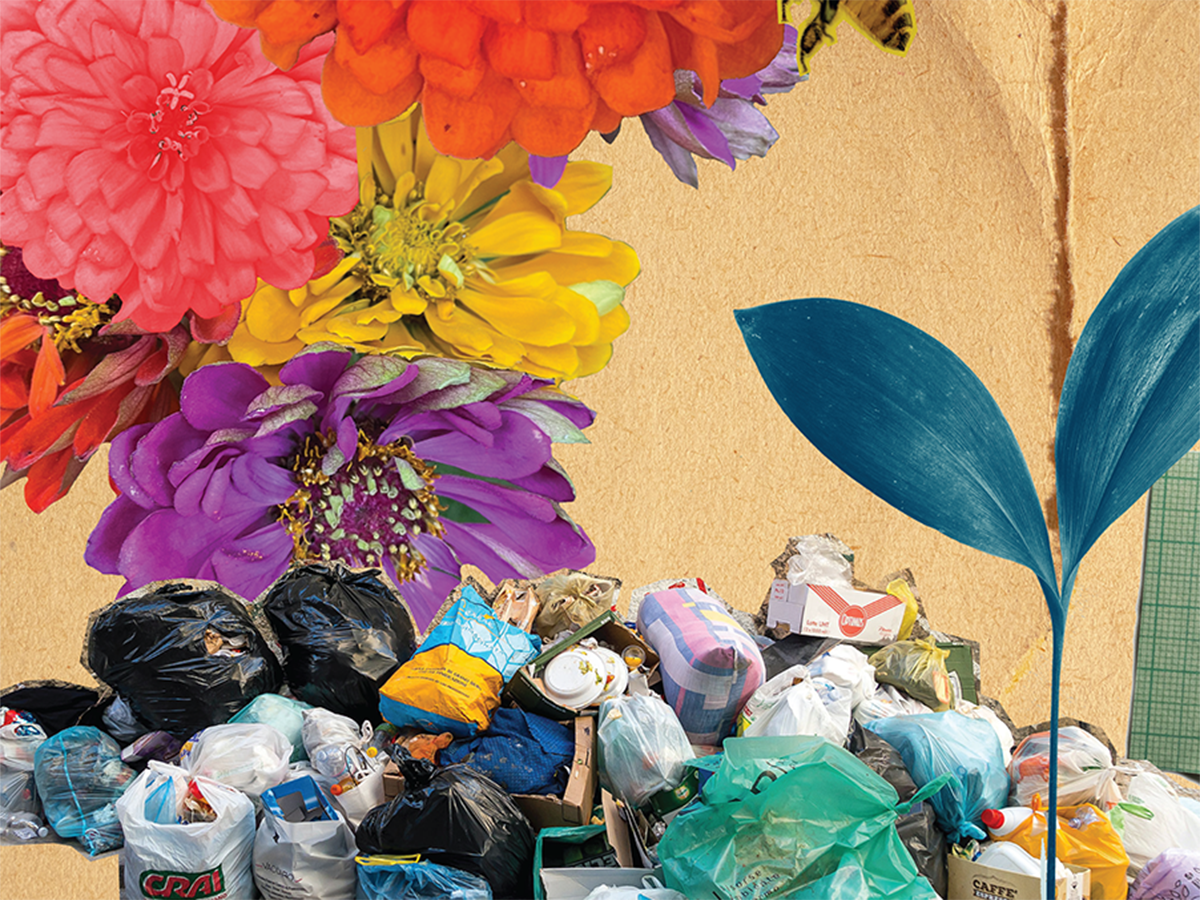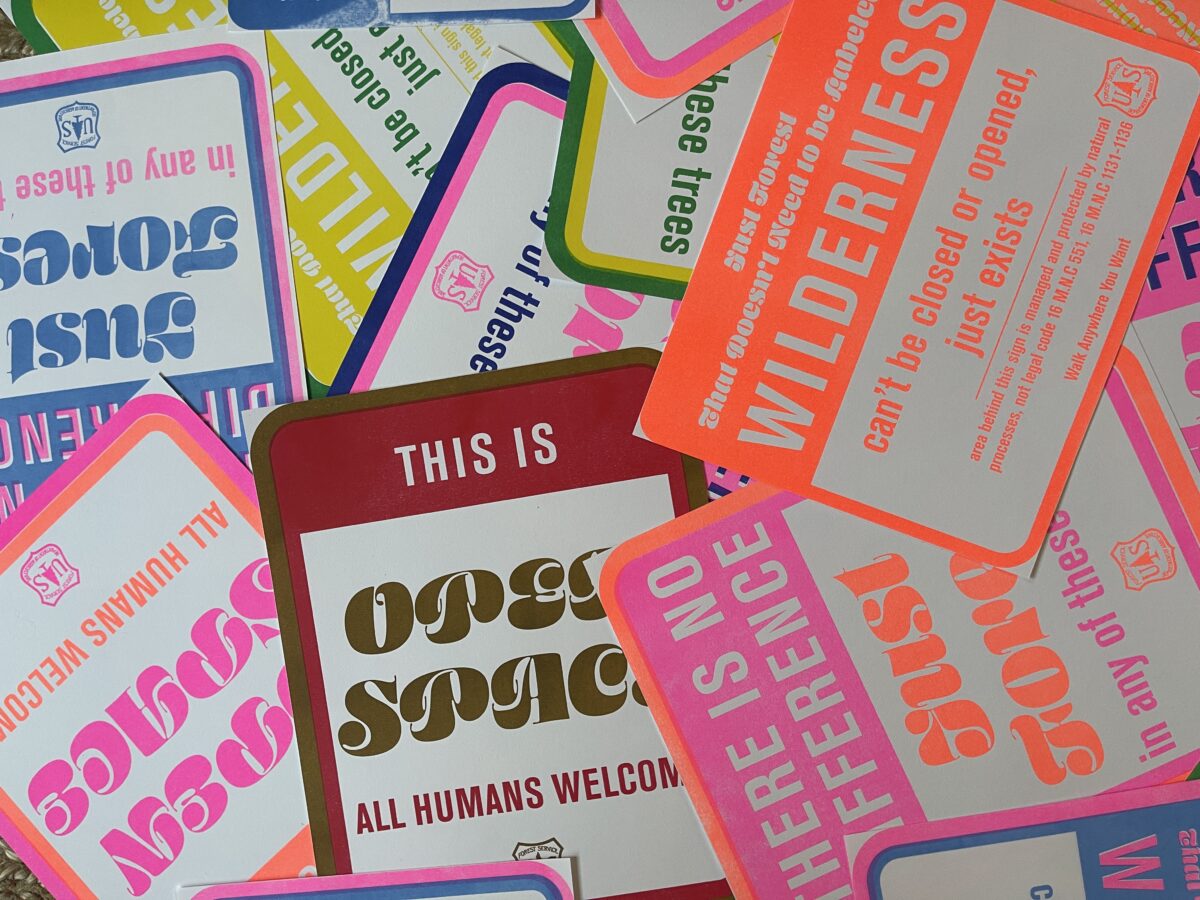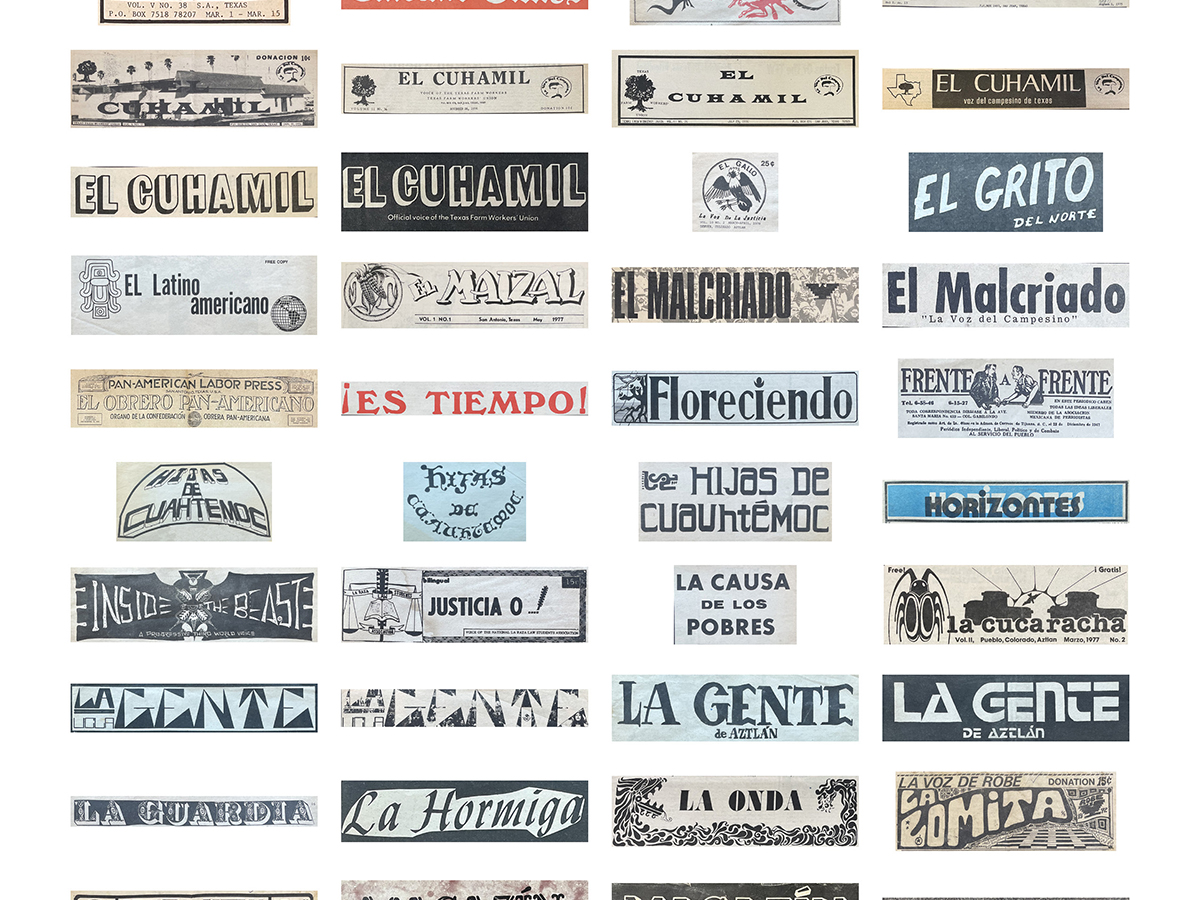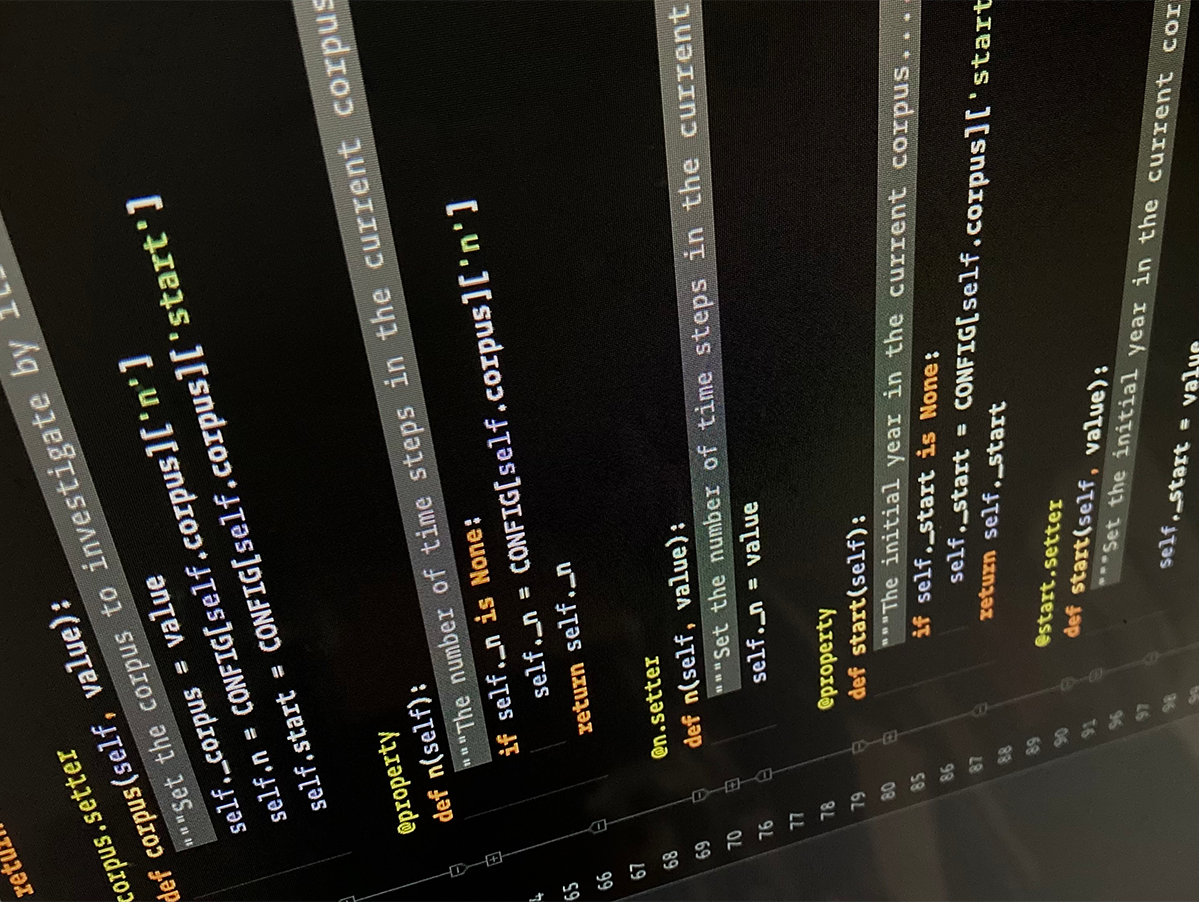Call for Nominations and Entries for the 2023 Design Incubation Educators Awards Competition.
Design Incubation announces a call for nominations and entries for the 2023 awards for communication design educators and graduate students in the areas of scholarship, teaching, service. The aim of the awards program is to discover and recognize new scholarship (creative work and publications), teaching, and service in our broad and varied discipline. We hope to expand the design record, promote excellence and share knowledge within the field.
We ask colleagues and mentors to identify outstanding creative work, publications, teaching, and service being created by design educators in the field communication design and to nominate these individuals for an award. Nominations will be accepted until January 15, 2024
ENTRY GUIDELINES
Entries will be accepted until January 15, 2024. Nominations are not required to enter in this scholarly competition. Complete the online entry form (https://designincubation.com/design-incubation-awards-competition-entry-form/) with the following:
- Title: Description of project and outcomes (not to exceed 500 words)
- Supporting Materials: (limited to 5-page medium resolution pdf of artwork; web links to websites, videos, other online resources; published documents or visual documents)
- Biography of applicant/s (150 words per applicant)
- Curriculum vitae of applicant/s
- $20 entry fee donation
2023 JURY
Steven McCarthy (Chair), University of Minnesota
Helen Armstrong
Professor
North Carolina State University
Anne H. Berry
Associate Professor
Cleveland State University
Warren Lehrer
Founding Faculty
School of Visual Arts, MFA Design
Ana Raposo
Lecturer
ESAD – Escola Superior de Arte e Design
Porto, Portugal
Neeta Verma
Associate Professor
University of Notre Dame
BIOGRAPHIES
Helen Armstrong
Helen Armstrong is Professor of Graphic & Experience Design at North Carolina State University. She has an MFA in Graphic Design from The Maryland Institute College of Art. Armstrong has authored several books including her latest: Big Data, Big Design: Why Designers Should Care About Artificial Intelligence. Armstrong is a past member of the AIGA National Board of Directors and she served on the editorial board of the journal Design and Culture.
Anne H. Berry
Anne H. Berry is Associate Professor in the Department of Art and Design at Cleveland State University. She has an MFA in graphic design from Kent State University. Her research focuses on race and representation in design, and ethnic and racial disparities within the field of graphic design. Berry was managing editor of the book The Black Experience in Design: Identity, Expression, and Reflection, which was included in Fast Company’s “Best Design Books of 2022.”
Warren Lehrer
Warren Lehrer is a founding faculty member of SVA’s Designer as Author/Entrepreneur MFA program and Professor Emeritus at Purchase College, SUNY. Lehrer has an MFA from Yale University, is a writer and designer known internationally as a pioneer in the fields of visual literature and design authorship. His artists’ books and multimedia projects have been widely exhibited and are in many collections including MoMA, The Met, Pompidou Centre, and Tate Gallery. Among many honors, he is a 2019 Ladislav Sutnar Laureate, and 2016 Center for Book Arts Honoree.
Steven McCarthy (Chair)
Steven McCarthy is Professor Emeritus of graphic design at the University of Minnesota. He has an MFA from Stanford University. He authored the book The Designer As… Author, Producer, Activist, Entrepreneur, Curator and Collaborator: New Models for Communicating. McCarthy’s creative work has been in over 135 juried and invitational exhibitions and has been honored by the AIGA, STA 100 and Graphis Poster. He has published in the journals Design Issues, Message, Visible Language, Design and Culture, She Ji, and AIGA Dialectic, and occasionally writes for Eye magazine.
Ana Raposo
Ana Raposo is Lecturer at art and design academy ESAD (Escola Superior de Arte e Design) located in Porto, Portugal. She is a graphic designer, educator and design researcher who has a PhD from Central Saint Martins / University of the Arts, London. Raposo has published a number of journal articles about punk rock music graphics, facism and politics and has presented at the Design History Society conference and the Popular Culture Association / American Culture Association national conference.
Neeta Verma
Neeta Verma is an Associate Professor of Visual Communication Design at the University of Notre Dame. She has an MFA from Yale University. Verma’s areas of research and teaching explore the critical use of design as a tool for social equity and justice. She has been the recipient of numerous awards. Her professional design work includes clients such as the American Red Cross, Cooper-Hewitt Design Museum, Liberty Science Center, The New York Botanical Garden, The New York Public Library, the Whitney Museum of American Art, and The Wildlife Conservation Society.
Like this:
Like Loading...
